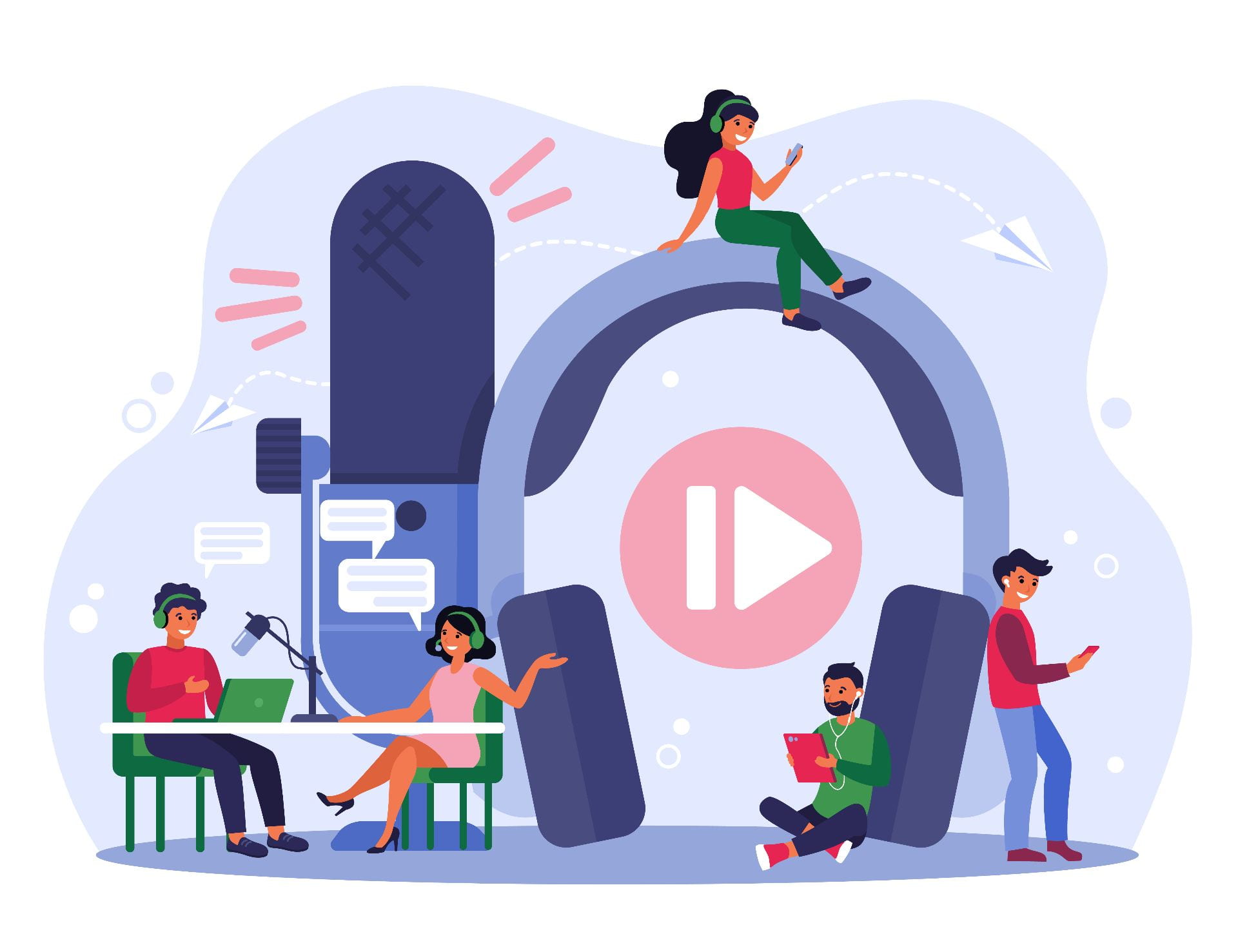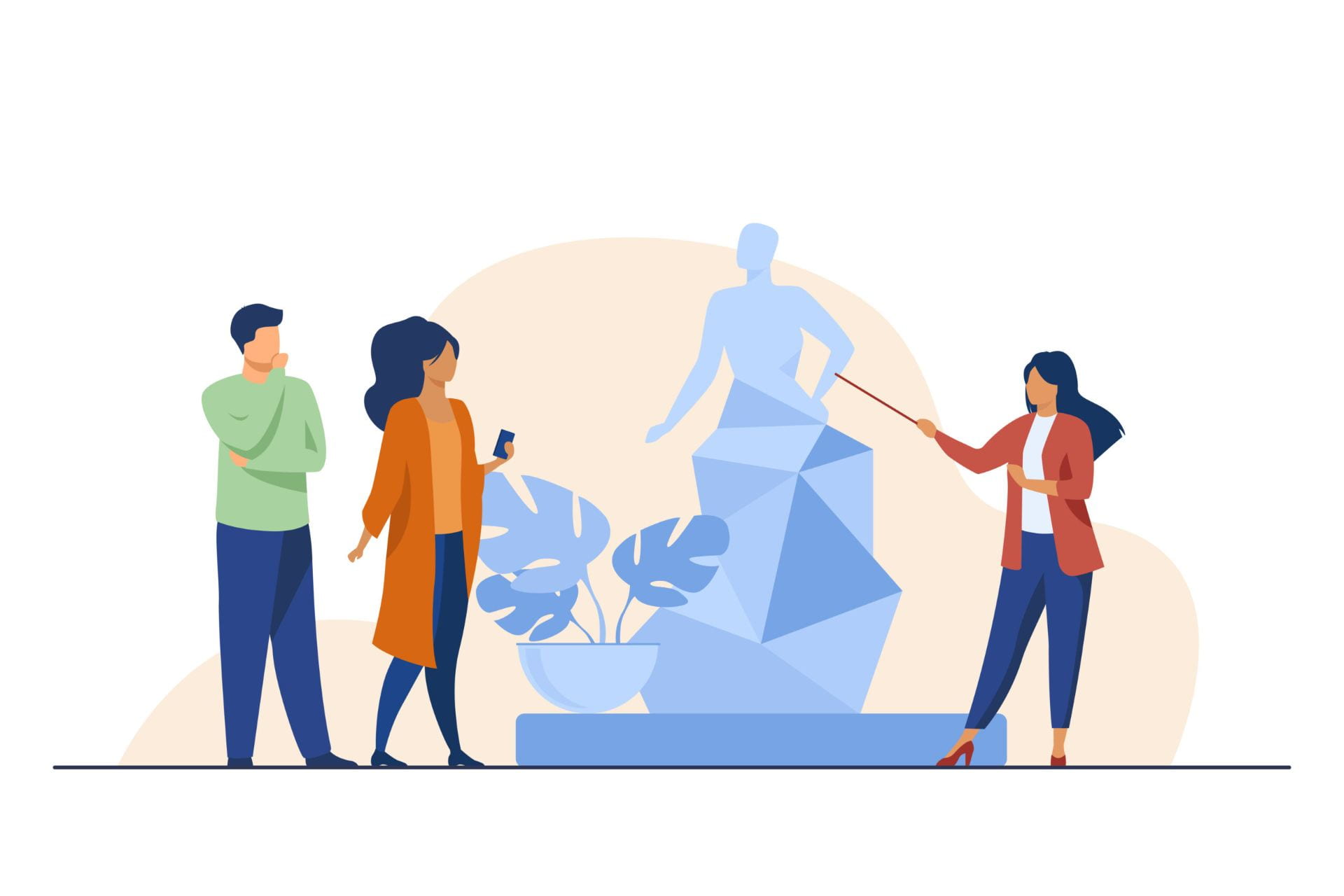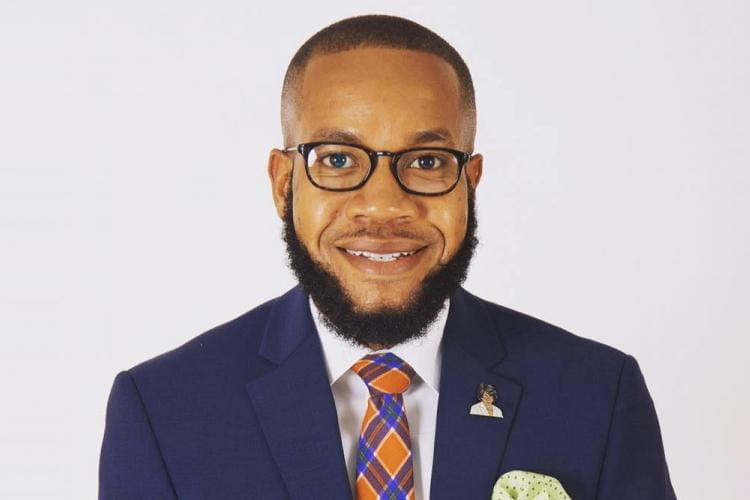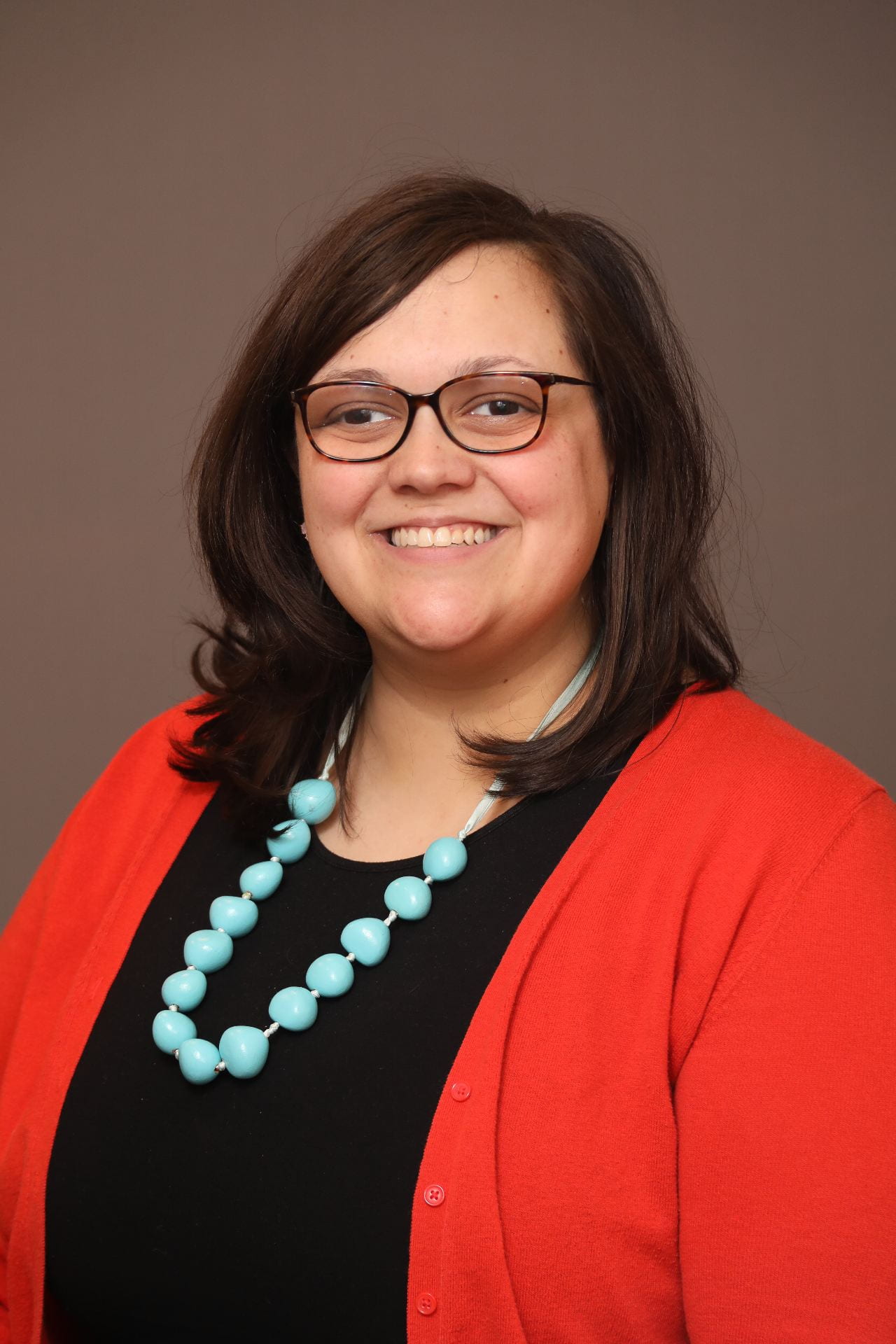Relevant Research
That Matters
From charting the impact of COVID-19 lockdowns to uncovering a forgotten chapter of history, Dyson faculty provided new insights on a variety of research topics.

COVID-19 Lockdowns and PSY Health
The psychological toll of COVID-19 lockdowns has been widely discussed in the media, and now a new analysis from Associate Professor of Psychology Anthony Mancini, PhD, and Gabriele Prati, a researcher at the Università di Bologna, provides groundbreaking insight that indicates we might be more resilient than we thought. “We found that, in the early stages at least, the effect [of lockdown] was quite small,” Mancini said. For the study, published in Psychological Medicine, he and Prati analyzed 25 studies involving more than 72,000 participants, and findings showed no statistically significant negative impact on social support, loneliness, general distress, negative affect, and suicide risk among the general population. Mancini also notes that the data was extremely varied, which suggests that the psychological effect of lockdowns may differ depending on factors such as social group or geographical location, or the disparate health impact of the pandemic.
Unlocking the Secrets of Bee Propolis
Propolis, a sticky residue produced by bees and used in the construction of hives, has been recognized for its medicinal properties since ancient times. Today, Associate Professor of Chemistry Elmer-Rico E. Mojica, PhD, and his students are working to gain a better understanding of the material. “Propolis doesn’t have exact composition since its chemical makeup is dependent on many factors like location, bee species, and season,” said Mojica. “What we are trying to do is to find out if we can have some sort of a chemical marker that can identify that one propolis sample comes from a particular place.” Mojica recently published new findings, with Lyric O. Wyan ’19, Forensic Science, and Jozlyn M. Charland ’20, Forensic Science, in the LSUA Undergraduate Journal of Teaching and Research that demonstrate the efficacy of using ultrasonification (ultrasonic sound waves) as an extraction method.


The Impact of Online Dating Service Advertising
In the world of online dating services (ODS), advertising may be the third wheel, according to new research from Assistant Professor of Communication Studies Aditi Paul, PhD. Her findings showed that advertising messages for ODS are standardized globally, not aligning with the values of different cultures. “Consistent exposure to such standardized advertisements can transform people’s dating practices,” Since 2018, Paul has worked on this project with Saifuddin Ahmed, a researcher at Nanyang Technological University, Singapore. Their paper, “Does Online Dating Promotion Vary Across Cultures? Analyzing the Homepage Advertisements of Online Dating Services in Fifty-One Countries Across Europe, North America, and South America,” was awarded $5,000, the first-place recognition at the 7th International Communication Management Conference, held virtually in Ahmadabad, India. Karolina Zaluski ’04, a business economics major, also assisted with the research.
Survival in Today’s Media Market
New research from Media, Communications, and Visual Arts Assistant Professor Mirjana (Mira) Pantic, PhD, demonstrates that establishing a unique niche is one key strategy to ensure survival by local news organizations, especially digital ventures, in today’s media market. “It is not enough for local digital media to base their originality on the specific region where they produce the news,” Pantic said. “They need to have certain unique characteristics that are usually reflected in the type of content they provide.” Supported by an Undergraduate Student and Faculty Research Program grant from the Provost’s office, Pantic worked with Jade Perez ’20, Digital Journalism, and conducted in-depth interviews with ten local news organizations. Their results, published in Journalism Practice, indicated that focusing on localized content of particular interest to the specific audience rather than investing resources to cover stories being covered by other larger outlets is an effective approach. Pantic also found that utilizing talents of emerging journalists and students is beneficial to news websites, as well as to the individual journalists.


Unearthing Hidden Women’s History
Assistant Professor of History Michelle Chase, PhD, is working to change the limited consideration the Korean War has received in comparison to World Wars I and II and the Vietnam War, particularly when it comes to an all-but-forgotten protest movement led by a group of women in Cuba. Her research, published in the Journal of Women’s History, explores the efforts of the Democratic Federation of Cuban Women, a group active in opposing the war. “My article emphasizes the fact that in the early Cold War you did see some interesting expressions of women’s activism, including some very radical peace activism that tried to build bridges between women in Latin America and the Caribbean and women in Asia,” said Chase. “It’s an interesting group, because in some ways their protests prefigured events of the 1960s, like opposition to the Vietnam War. In other ways, they anticipated arguments made by second-wave feminists in the 1970s. So I think it’s a very intriguing story that hasn’t been fully told.”
 Communication Studies Professor on
Communication Studies Professor on
LaVar Ball and Stereotypes in Sports Media
While living in Huntsville, Alabama, Assistant Professor of Communication Studies Melvin Williams, PhD, had visited his barber for a haircut, and on the television screen caught Stephen A. Smith vs. LaVar Ball on ESPN’s First Take. “I remember sitting back in the chair and being captivated by the exchange—this Black father directly advocating for his son,” said Williams. “It made me think of my own father and the media-agenda-building theory.”
Williams is referring to the theory outlined by Gladys Engel Lang and Kurt Lang in the 1980s, which lays out a six-step process that helps explain the oftenreciprocal relationship between the mass media and prominent issues, and public figures’ ability to comment on said issues. In other words, it is a framework for understanding how individuals can manipulate the mechanisms of media to promote their own agenda.
Following the experience in the barbershop, Williams wrote an attention-grabbing opinion piece for HuffPost about Ball and Black fatherhood that was followed by an award-winning research paper. Co-published by Williams and Matthew J. Cotton, and titled “Better Than Steph Curry and More Profitable Than LeBron James: An Analysis of LaVar Ball’s Agenda Building of the Ball Brothers,” the piece argues that through strong adherence to media-agenda-building theory, Ball has been able to address class inequities facing Black athletes in amateur and professional sports, and has refuted deadbeat-dad stereotypes facing Black fathers.
For their work, Williams and Cotton received the 2020 Outstanding Research Article Award from the National Communication Association’s African American Communication and Culture Division.
 Psychology Professor’s Research
Psychology Professor’s Research
on Children and Digital Learning
Assistant Professor of Psychology Brenna Hassinger-Das, PhD, has co-authored research indicating that children believe YouTube holds greater educational value than either phone or television videos, and that they were marginally less likely to believe that individuals on YouTube are real versus people in a video on a phone. “Understanding YouTube’s potential to encourage learning will help educators and caregivers make informed choices about how to help children become critical consumers of media, as well as how to design remote learning environments,” Hassinger-Das said. Katherine Aloisi ’25, PsyD, Maruf Hossain ’20, MA Psychology, and Madeleine Pearce ’19, BA Psychology, as well as Rebecca A. Dore and Mark Pattera also assisted in the research.
She also commented on the impact of ebooks on children’s learning in an article in Knowable Magazine, pointing out the results of recent studies (she is the co-author of an overview of young children and digital media in the 2020 Annual Review of Developmental Psychology) and, in consideration of the constantly changing nature of ebooks, noting the need to keep up with developments related to such. Further, in an article in Greater Good Magazine, Hassinger-Das advised on how families can reset screen time after the COVID-19 pandemic and work together to create healthier media habits. She suggests a balanced approach for all parties, in which screen challenges are faced with a generous dose of creativity, patience, and teamwork.
